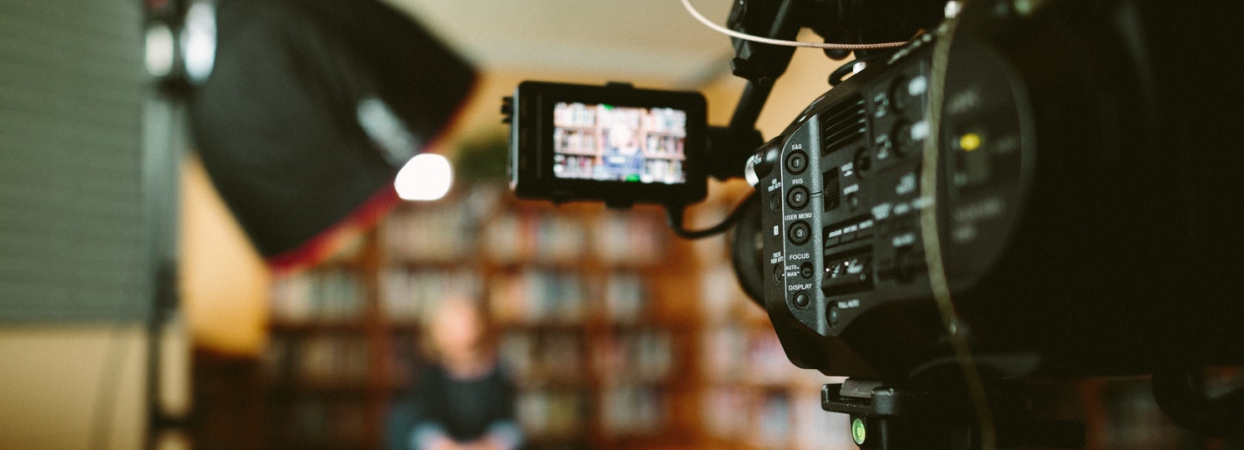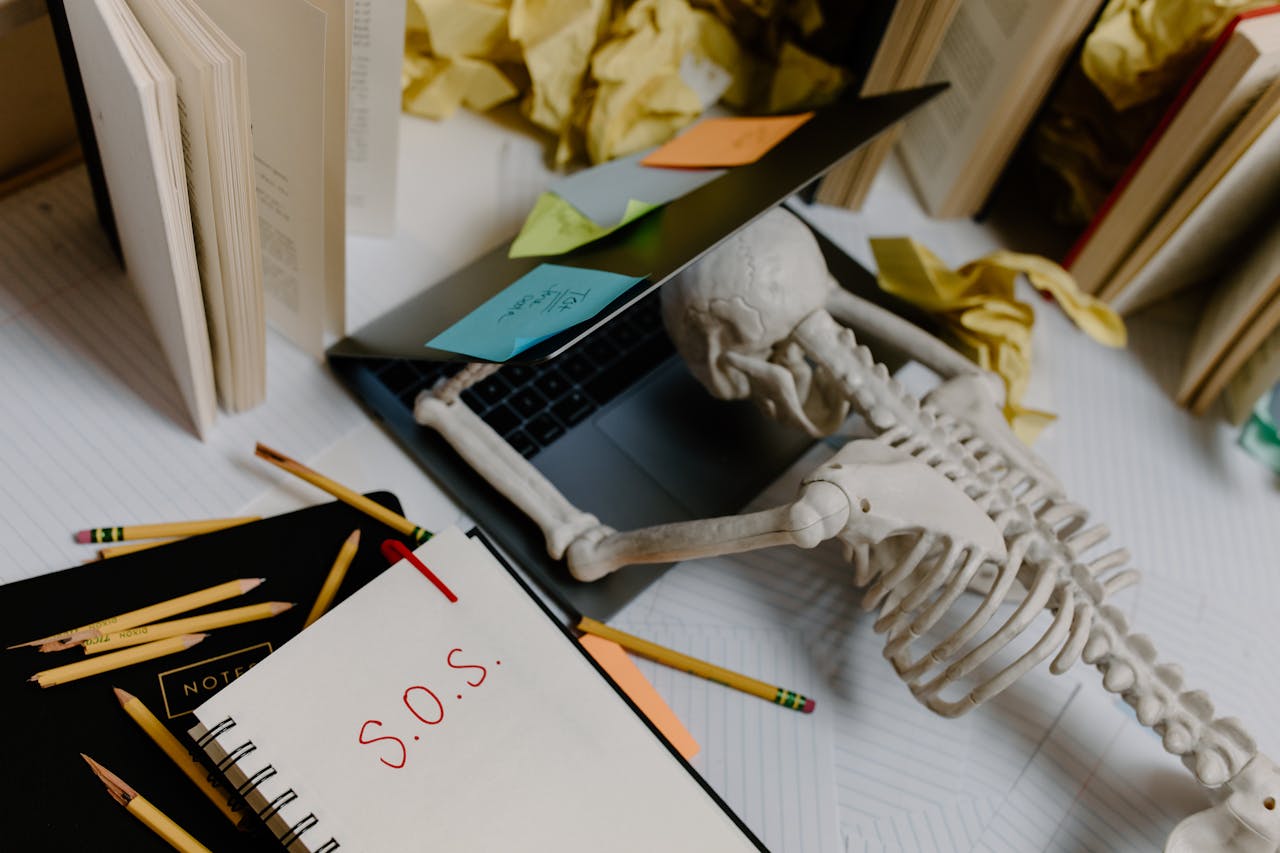Landing an important interview with a popular industry publication can be an exciting part of a company’s PR strategy. However, while good interviews have the potential to improve a firm’s credibility, deliver stronger results from their marketing campaign, and even strengthen their reputation, a bad interview can have the opposite effect.
No matter how prepared the spokesperson for a brand feels they are, some interviews can go south very quickly. People in the middle of an interview that goes in the wrong direction need to know how to stay calm under pressure and continue representing their business in a positive light – even in difficult circumstances.
Handling Unexpected Questions
Most PR agencies will arrange interviews for their clients that cover a specific selection of topics and questions. Although interviews need to appear natural and authentic, it’s normal to implement restrictions around the kind of questions that are appropriate to ask. Of course, some interviewers will go against these rules in an attempt to make news stories more compelling and engaging. This means that occasionally, speakers will need to deal with questions they didn’t prepare for.
The easiest way to handle unexpected questions is to pause, smile pleasantly at the interviewer, and address that the question is not relevant to the topic at hand. Good interview subjects will answer the question in a way that draws attention back to their brand.
For instance, if someone asks about a favorite kind of music, the interviewee could say that they personally like country music but like to play all kinds of music at their local conferences and events, to delight attendees.
Managing Difficult Topics
While some unexpected questions are irrelevant but harmless – others are designed to press an interviewee into responding to a difficult idea or topic. People facing difficult topics must be able to keep their cool and ensure that they don’t end up in the midst of a fight with a reporter. The best way to respond is to once again, take a deep breath, and explain that the topic is something you would need to research further.
If the question is something the PR agency specifically asked the interviewer not to ask, the interviewee can simply say that they’re not at liberty to discuss the issue at that time. The last thing anyone should do in this situation is attempt to come up with a response last-minute or get angry about the question.
Maintaining the Interview
Finally, if the interview feels as though it isn’t heading in the right direction, the interviewee should always have a few strategies up their sleeve to help bring the focus of the interview back into the spotlight. While it’s fine to be polite and respond to questions at times, it’s also important to make sure that the purpose of the interview is clear. Saying something like, “Thanks for asking, but can we bring the focus back to the company” is enough to pivot the conversation.
Although a complicated interview scenario is never easy to handle, the best way to deal with unexpected experiences like those outlined above, is to be prepared.
How Can I Prepare Executives For Effective Communication During A Cyber Incident?
When a cyber incident strikes an organization, the spotlight immediately turns to its executive...
Learning from Famous Corporate Crises: Key Strategies and Essential Lessons
Major corporate crises have shaped how organizations respond to catastrophic events, providing...
Social Media Listening Tools for Crisis Monitoring
Social media crises can strike any brand without warning, making real-time monitoring and quick...




